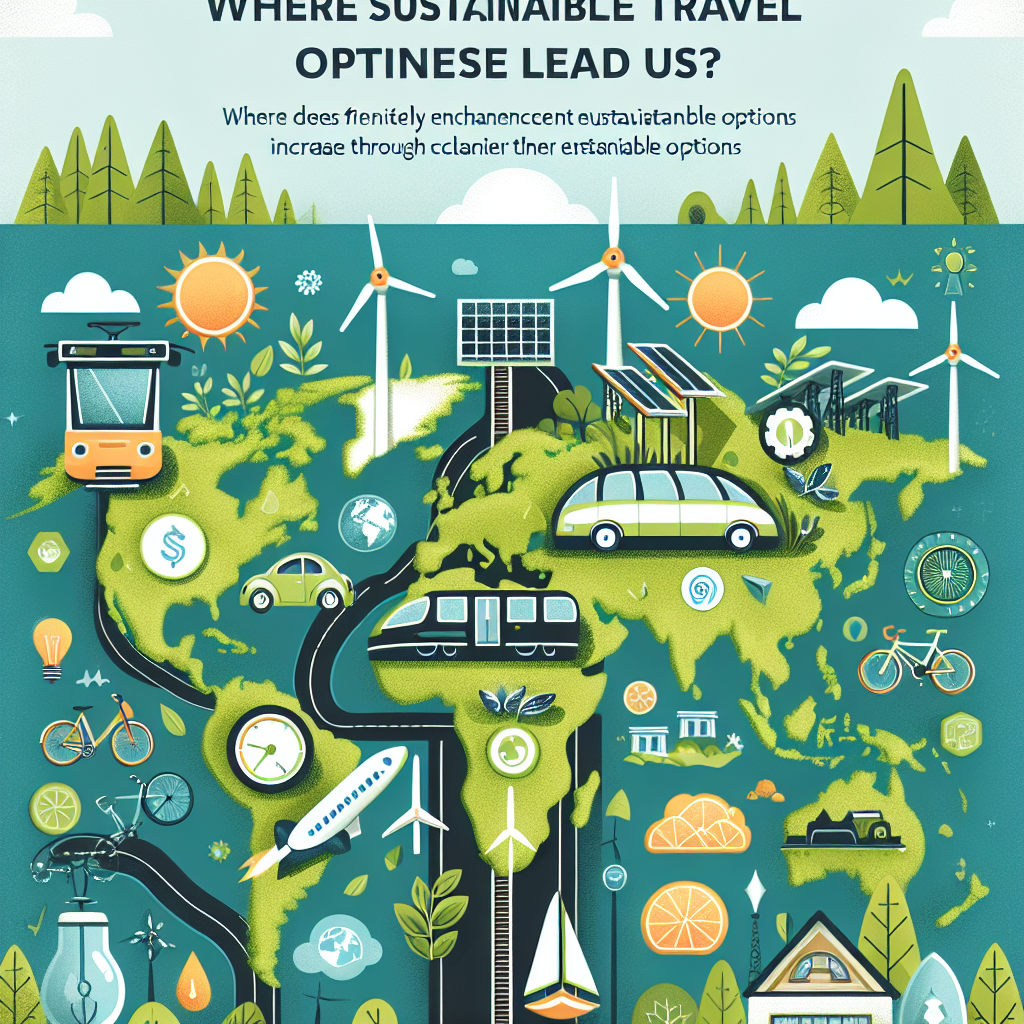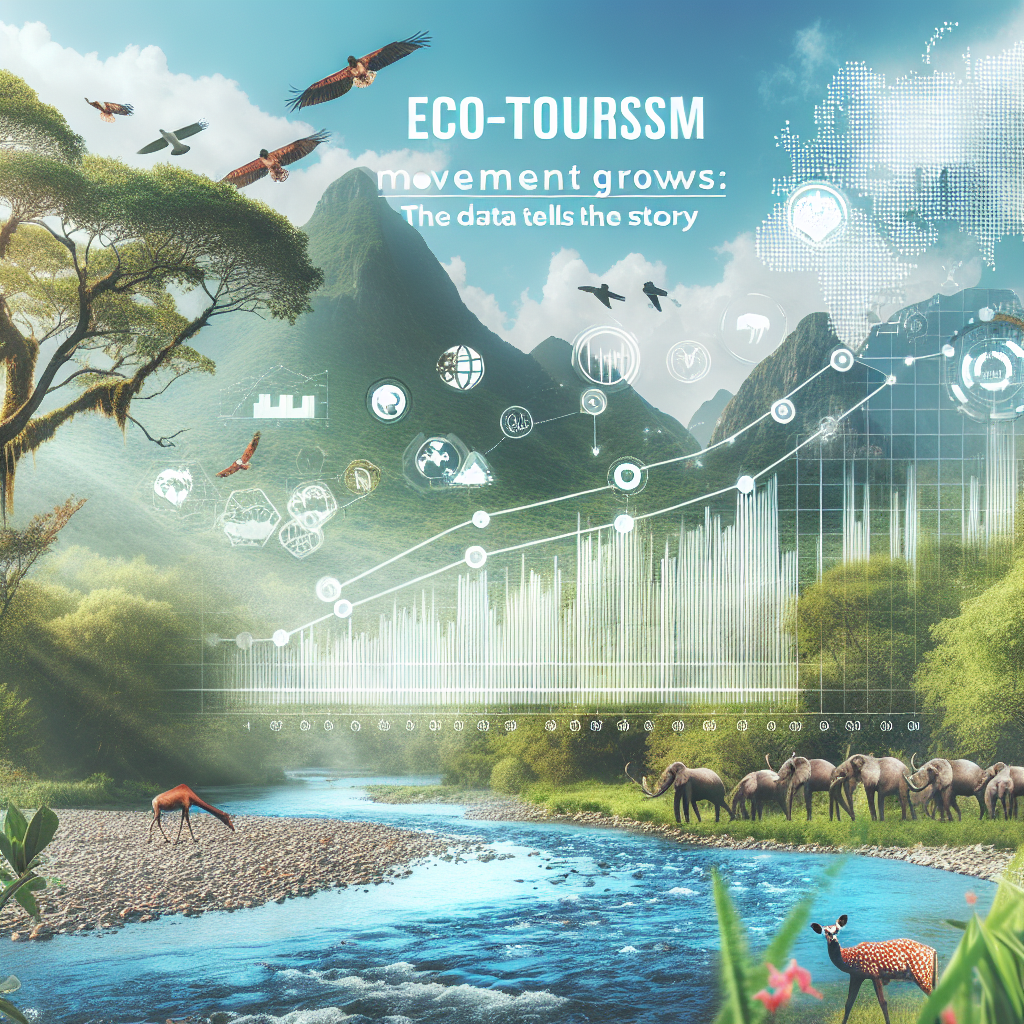When we step out into the world, be it for work or leisure, our choice of transport holds more significance than convenience alone. Growing awareness about environmental issues has breathed new life into an old concept: Sustainable Travel.
Trend Overview
Sustainable travel is not just a trend but a necessity that is swiftly gaining traction across many societies globally. With concerns about diminishing natural resources and mounting pollution levels escalating, this drive towards greener alternatives has become more urgent than ever before.
Social Context
The shift in social consciousness towards sustainability has played an integral role in propelling eco-friendly modes of transport; think cycling over driving, choosing public transit over private vehicles or using electric cars instead of gasoline guzzlers. Modern-age consumers are being drawn to these more responsible choices that are friendlier to Mother Earth.

Key Influencers
This green revolution hasn’t transpired overnight. Key influencers such as passionate activists, forward-thinking entrepreneurs and government bodies have been instrumental in championing this cause and igniting change at all societal levels.
Consumer Response
If actions speak louder than words then consumer behaviour patterns indeed echo loud support for sustainable travel practices. From vogue e-bikes zipping through Amsterdam’s iconic canalside streets to waves of metropolitan dwellers hopping onto car-sharing apps – evidence corroborates enthusiastic adoption rates.
Beyond economics, this shift holds profound cultural significance – altering our perception of travel in ways that are both subtle and subversive. And in doing so, it has restated our relationship with nature and sharpened our understanding of our role within it.
Future Projections
The wheels show no signs of slowing down with developments like autonomous electric vehicles, shared mobility platforms, and urban cycling infrastructure promising to shape future landscapes.
‘The rise in sustainable travel options is a testament to public awakening’, says environmental sociologist Dr Tara Frehill. ‘But we need to keep pushing the boundaries if we want a greener future.’
We share some poignant narratives from individuals who have embraced this movement; their stories radiate hope while underscoring the importance of collective responsibility for preserving our planet for future generations.
If you’re inspired by these tales and wondering how you can contribute towards eco-friendly commuting – consider small changes. Opt for walking or cycling instead of using your car for short distances or give public transit a try during off-peak hours.


